Annie Leibovitz Shares Her Vision in Monaco
The newest gallery openings this week, including the dark side of the American dream, traditions of Aboriginal Australian painting, a cheeky photographer, and more.
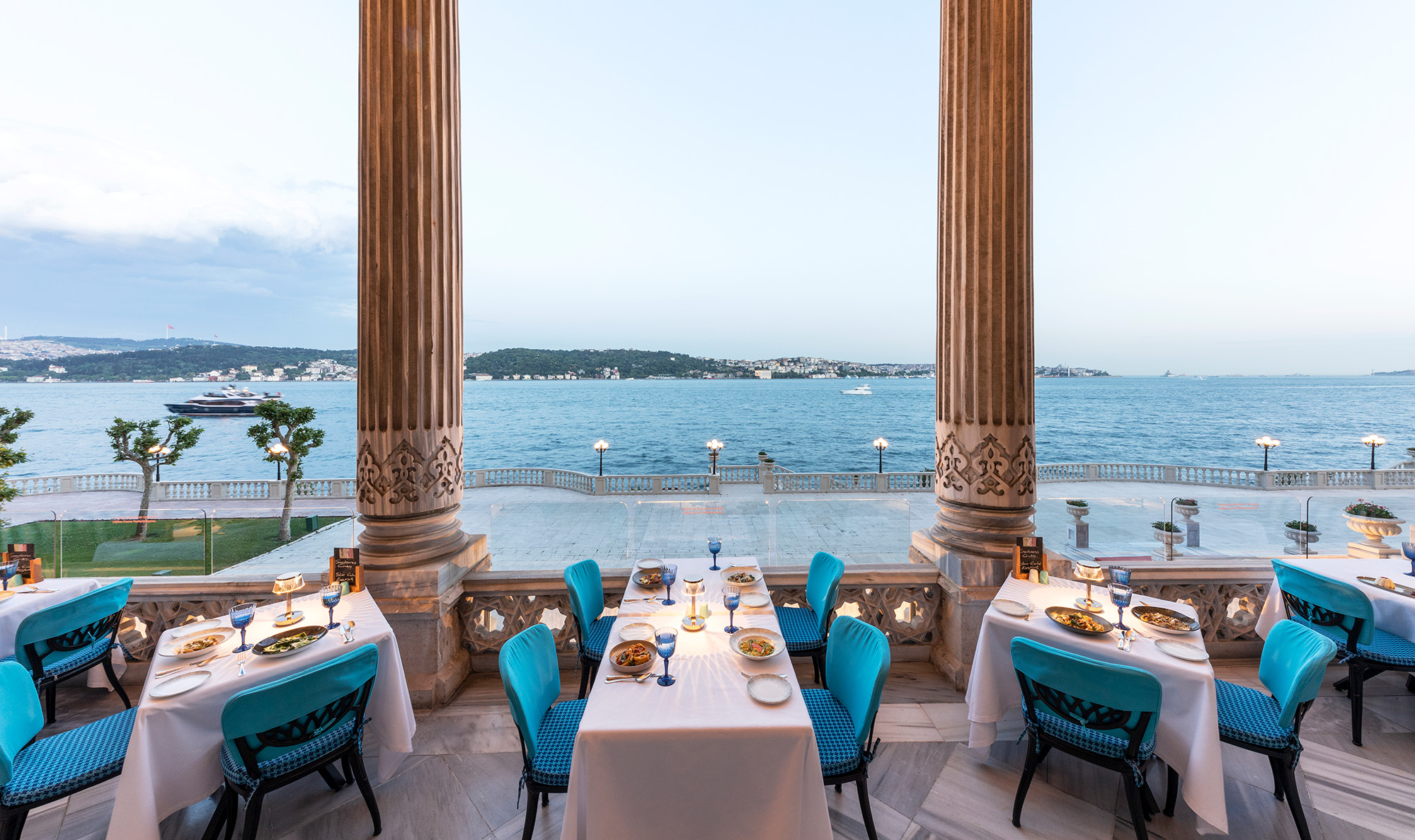
You’re reading The Grand Tourist Curator, our weekly newsletter with the latest handpicked news and insights from the worlds of art, design, style, food, and travel. Sign up here to get The Curator delivered directly to your inbox.
I hadn’t been to Istanbul since 2001, so I was excited to return last month and explore the city. I was also curious to visit Bodrum, since I had heard so much about what is often referred to as the Turkish Riviera. I checked in to the Maxx Royal, a 182-room resort that opened in May and sits on perhaps one of the nicest coves in all of Bodrum. This city has always attracted wealthy Turks and Europeans, but in recent years it’s become more popular with Americans since the opening of properties like Amanruya (where my family and I enjoyed a lovely meal), Mandarin Oriental, and Six Senses. (Bulgari is the next one slated to break ground.) Despite the odd name, Maxx Royal, which has three other properties in Turkey, is a standout among a prestigious crowd. After visiting the town of Bodrum for dinner one evening (we ate at Orfoz, a seafood restaurant that was not worth the $400 bill, in my opinion), I had no desire to leave the resort again.
At Maxx Royal, there’s no shortage of restaurants and bars, including an outpost of the famed Caviar Kaspia from Paris and Scorpios, the popular beach club from Mykonos. Both are worth visiting for the people watching alone—the resort attracts an incredibly stylish crowd of Russians, Azerbaijanis, and Turks. (There were no other Americans, which to me is a luxury these days.) At Le Post, an excellent seafood restaurant, we dined on grilled octopus and one of the best tomato salads I’ve ever had. I’ve come to realize that the Turks take their tomatoes as seriously as the Italians do. Casa Sol is the popular beachside restaurant that serves excellent fish tacos. Although after the bountiful breakfast each morning—there’s always an impressive meze spread—I was pretty much satiated all day.
We spent our days jumping into the Aegean Sea from the various decks that line the coast’s inlet. The water here is crystal clear and filled with fish, but it’s also incredibly salty. Although the salt took a little getting used to, it also kept us buoyant for what seemed like hours. We took breaks from the sea with dips in the various pools on the property. (There’s also all sorts of water sports to try, from paddleboarding to jet skis.) The two-story spa has an Olympic-size pool, as well as a cold plunge, steam room, infrared sauna, Himalayan-salt rooms, and, of course, a hammam. There’s also an Ayurvedic doctor on-site, as well as all sorts of medicinal spa treatments. Bodrum is really all about the beach resorts, and Maxx Royal is an impressive addition to the scene.
Istanbul is still the grand city I remember, but there has been so much development (including the Galataport, a modern shopping center and cruise terminal) over the past two decades that it felt a bit overwhelming. Plus, it’s a city of 15 million residents and what feels like an equal number of tourists swarming sites like the Topkapi Palace and Hagia Sophia. Regardless, this ancient metropolis is completely breathtaking.
We checked in to Çirağan Palace Kempinski Istanbul, which is the only Ottoman-era palace located on the Bosporus. First built by a 17th-century sultan for his daughter, this imperial palace was turned into a hotel in the ’90s with both a well-intact historical section and a modern wing. Most guests stay in the newer building, while the other part is reserved for celebrities, VIPs, and wedding parties. The older section features the original marble hammam, as well as Tuğra, a formal Turkish restaurant that is one of the city’s finest. But I preferred my modern guest room. It felt more comfortable, and I could enjoy the same magical views of the Bosporus from my terrace.
There’s nothing more surreal than dining on the hotel’s terrace watching the world go by: huge freighters, ferries, and speedboats cruising back and forth all day. (At night, most of the boats are lit up, as is the July 15 Martyrs Bridge, which connects Eastern Europe to Asia, making for an even more magical backdrop.) The property also boasts an Olympic-sized pool located right in front of the Bosporus. After a day of exploring the city, it felt rather decadent to wash away the dust and sweat in this glorious pool overlooking the strait.
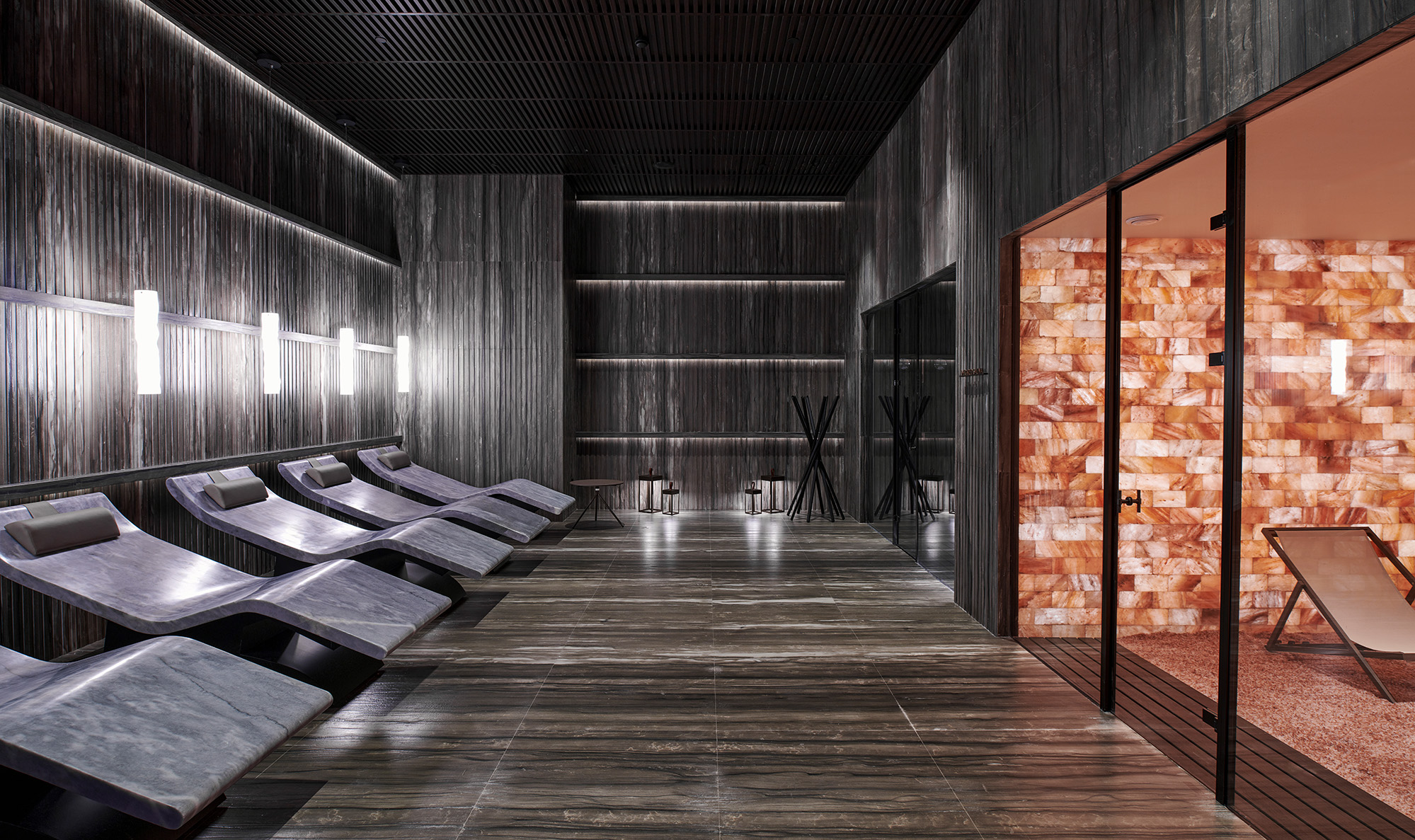
Shopping
The Grand Bazaar is one of the oldest covered markets in the world and has nearly 5,000 stalls, but unfortunately a lot of it is filled with junk, from underwear and flip-flops to fake designer handbags. (Although it’s worth noting that Turkey is known for having the best knockoff bags. The local textile industry is world-renowned here, and unlike most other places, they use real leather.) My advice for navigating the bazaar is to head to a high vendor like Iznik Works, which sells handcrafted ceramics in five locations clustered around the old bazaar, and ask them to take you to the best rug, jewelry, suzani, and kilim dealers. The dealer is usually their “uncle,” but it will save you a lot of haggling headaches and time spent wondering whether you are getting quality goods.
The Egyptian Bazaar (aka Spice Market) is a centuries-old arcade filled with stalls selling Turkish delight, fragrant spices, and vials of amber and rose oil. It’s worth a stroll. I didn’t have a lot of time for shopping, but I did love the surrealist-style jewelry—alligator necklaces, oversize crab rings—at Begüm Khan’s flagship boutique in the posh neighborhood of Nişantaşi. (There’s also an outpost at the Maxx Royal.) A la Turca is an antiques store located in a historic 19th-century house filled with a well-curated collection of Anatolian kilims, ceramics, and tableware odds and ends.
Eating
Pandeli, a 121-year-old restaurant, is tucked just above the Egyptian Bazaar, and though it’s a bit touristy, it’s worth a visit. The beautifully tiled room is a lovely backdrop for dining on traditional fare like hünkar beğendi, charcoal-roasted eggplant puree with milk, butter, and cheese, and perfectly grilled lamb with rice. At Yeni Lokanta, chef Civan Er offers a modern twist on traditional Turkish and Anatolian dishes like manti (Turkish dumplings) and grilled eggplant with wine-poached figs.
Karaköy Lokantasi is a chic, modern canteen with excellent meze, like olive-oil-braised artichokes, fried lamb’s liver, crispy zucchini, dumplings with yogurt sauce, and fresh grilled fish. A local institution, Karaköy Güllüoğlu has been serving delicious baklava since 1949. It’s a pleasant pit stop for a coffee as well. Aheste offers traditional Turkish specialities like barbecued lamb’s heart with roasted potatoes, and pastry filled with a creamy tuna tarama. Konyali Ferdi Usta serves some of the best hummus I’ve ever tasted, as well as grilled meats and salads in a friendly and low-key environment. (There’s no liquor license.) I loved it so much that I ordered takeout on our last night and ate it in the hotel room. —Maura Egan
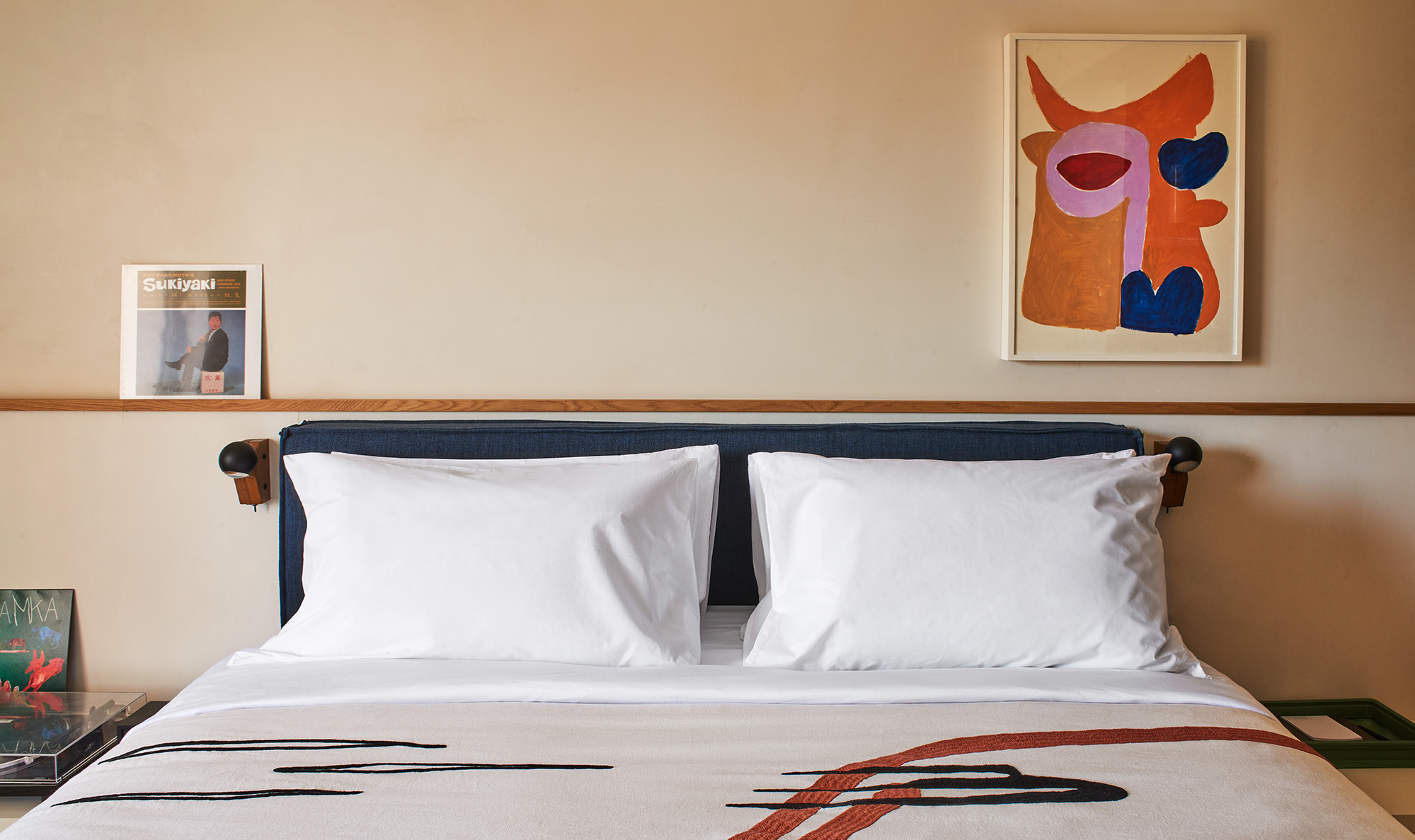
Modern Swim Clubs, Revived Classics, and Other Notable Must-Stays
The Agora, Cyprus
I’ve heard rumblings about Cyprus from friends lately. It had never really been on my hotel radar, but the Agora, a small hotel that recently opened on the island, has changed that. Run by a Danish couple, the property is a quieter departure from a lot of the more beautiful resorts on the island. The owners are avid cyclists, so there is a fleet of carbon road bikes for guests to take out for a spin. theagorahotel.com
Ace Hotel & Swim Club, Athens
Designed by Ciguë, a French firm, this 120-room property marks the return of the Ace brand to Europe. Located in the Glyfada District, in what is often referred to as the Athens Riviera, the hotel, which opens this month, sits alongside some of the area’s best beaches. Expect a hip, Modernist design and collaborations with some of the city’s best creatives. acehotel.com
The Manner, New York
Located on a leafy street in SoHo, this 97-room hotel is the latest from the Standard Hospitality group. The rooms were designed by the Milan-based architect Hannes Peer, while New York–based chef Alex Stupak (of Empellón) is heading up the F&B. themanner.com
The Surrey, New York
Now a part of Corinthia Hotels, this legendary property reopens this fall in a 16-story building on the Upper East Side. The rooms were designed by former podcast guest Martin Brudnizki, while the public spaces are stocked with works from American artists like George Condo and Robert Mapplethorpe. Everyone’s favorite neighborhood dinner spot, Casa Tua, rounds out the culinary scene. corinthia.com
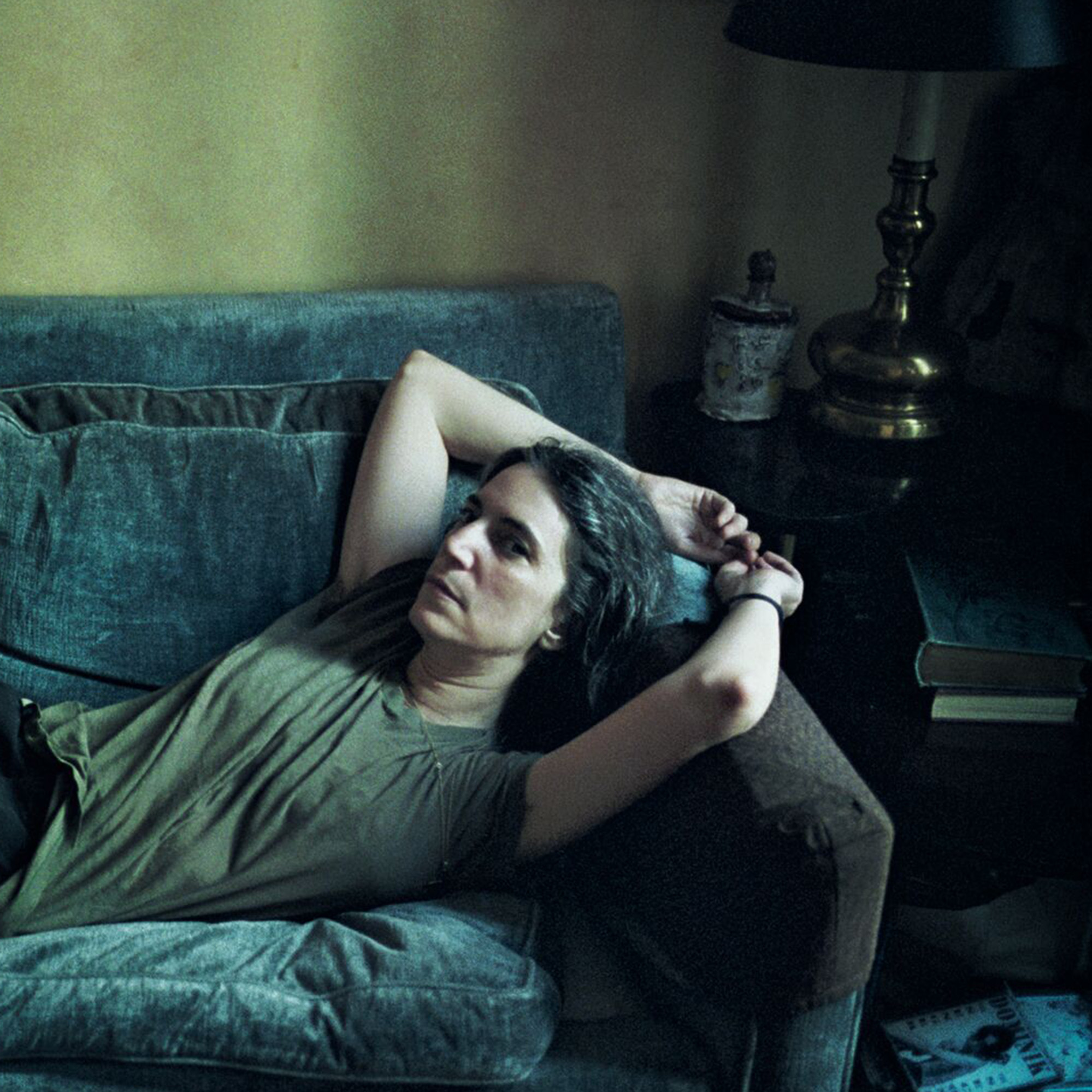
The newest gallery openings this week, including the dark side of the American dream, traditions of Aboriginal Australian painting, a cheeky photographer, and more.

For Italian fashion photographer Alessio Boni, New York was a gateway to his American dream, which altered his life forever. In a series of highly personal works, made with his own unique process, he explores an apocalyptic clash of cultures.
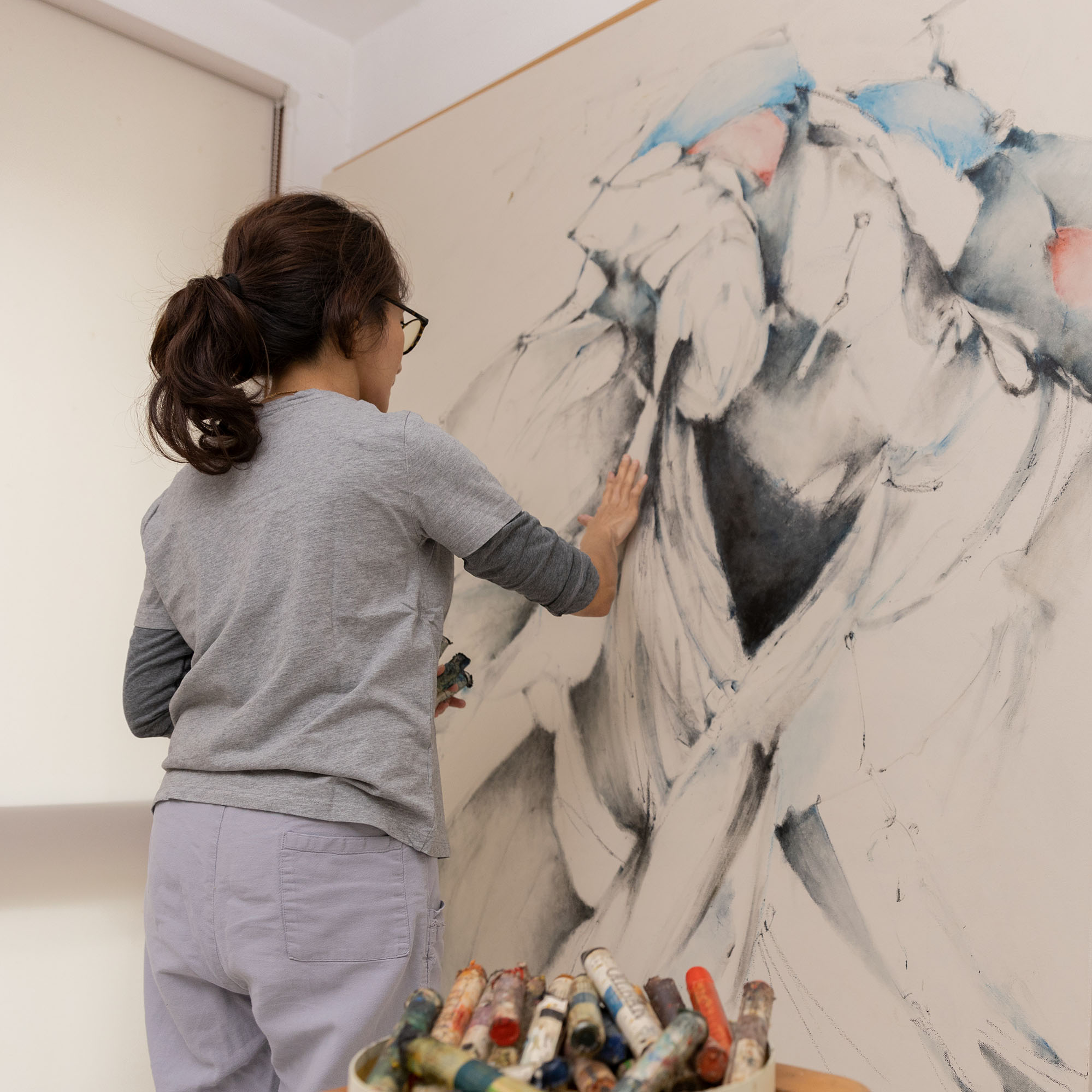
Plus, an exciting young British artist receives a retrospective, Marcel Dzama's whimsical drawings take a political turn in L.A., and more gallery openings.